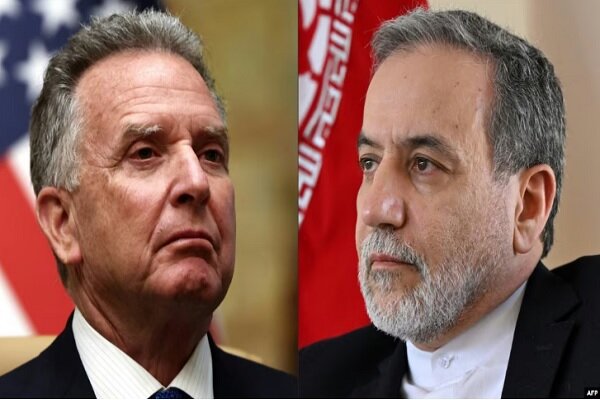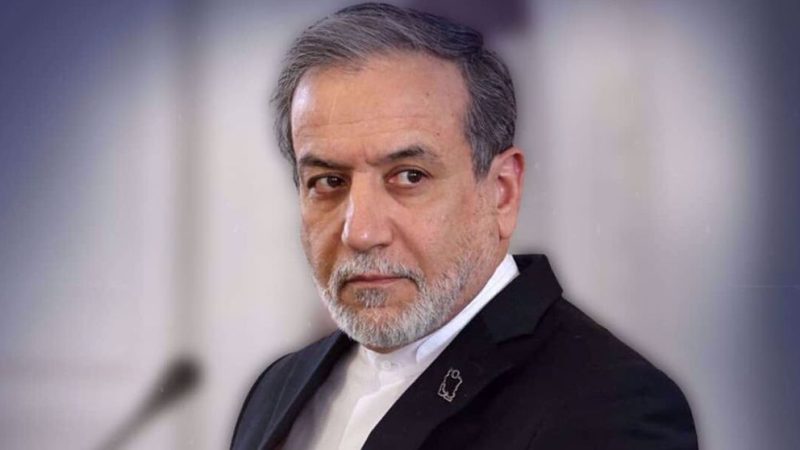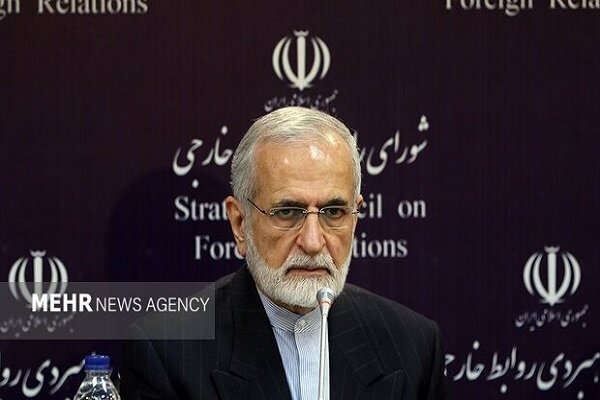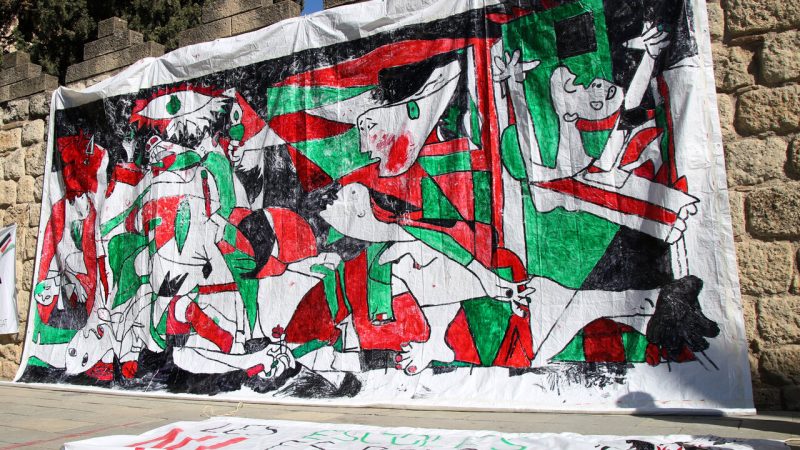Tehran forum urges promotion of dialogue on key regional issues
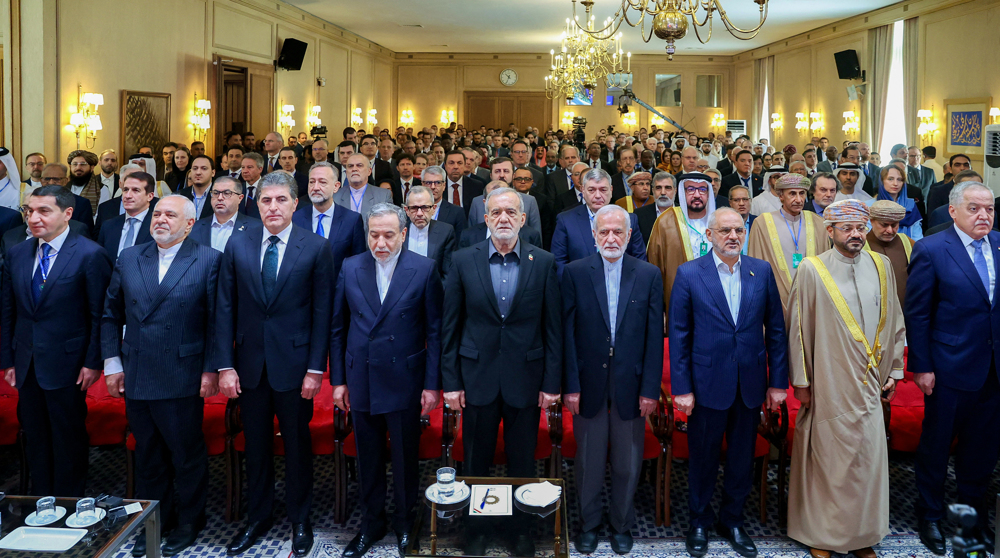
Senior officials participating in the Tehran Dialogue Forum have called for promoting communication in addressing key developments in the region.
The Tehran Dialogue Forum opened in the Iranian capital on Sunday with President Masoud Pezeshkian and Foreign Minister Abbas Araghchi addressing the event.
Senior officials from 53 countries, including ministers, and heads of think tanks and intellectuals, are taking part in the two-day meeting.
Omani Foreign Minister Badr bin Hamad Al Busaidi said the West Asia region is currently facing several challenges that call for an urgent need for dialogue.
He added that Oman is seriously committed to pursuing the difficult path of dialogue even with those with whom it may have deep disagreements.
He took the opportunity to raise the issue of Palestine as among the important topics in the West Asia region.
The violence and genocide that the people of Palestine continue to face are a real tragedy for the world, the top Omani diplomat said.
The ongoing tragedy in Palestine should not have occurred and could have been prevented if the opportunities for dialogue had been seized, Al Busaidi emphasized.
He expressed hope that the Tehran forum would help promote dialogue and strengthen the resolve of those who believe that dialogue is the only way to resolve conflicts between nations.
World needs constructive dialogue to tackle serious problems: Tajikistan FM
Tajikistan’s Foreign Minister Sirojiddin Muhriddin said the international community needs constructive dialogue to tackle serious problems and conduct more research to establish peace and stability across the world.
Addressing the forum, Muhriddin said the world is currently facing unprecedented developments.
He added that extremism and radical violence pose a serious threat to humanity, urging the international community to take and implement joint and effective measures to prevent the scourges.
He stressed the importance of establishing a collective security mechanism in the region to promote peace and stability.
The Tajik foreign minister noted that frameworks that are merely based on regional convergence would not be able to end competitions and disputes, but can prepare the ground for dialogue among countries on contentious issues.
Armenia strives to establish peace, stability: Security Council secretary
Secretary of Armenia’s Security Council Armen Grigoryan said his country strives to establish peace and stability in the region.
He added that Armenia’s “Crossroads for Peace” initiative, unveiled in October 2023, aims to open the existing blockages and strengthen economic infrastructure in an attempt to enhance connectivity and mutual dependence in the region.
Armenia believes that the plan would be very useful and would lead to investment in order to ensure stability in the region, Grigoryan emphasized.
Arab countries, international bodies failed to end Israel’s crimes: Former Iraqi PM
Former Iraqi Prime Minister Adel Abdul-Mahdi pointed to the humanitarian crisis in Gaza and the continuation of genocide and expressed regret that international bodies and Arab countries have failed to contain the crisis.
He said Arab countries and international judicial circles, such as the International Criminal Court, have failed to take effective practical measures to stop the Israeli regime’s crimes so far.
He described the situation in Gaza as an “open Holocaust” as more than a hundred people are martyred every day and hundreds more are injured, many of whom later lose their lives, noting that the West Bank, Lebanon, and other regions are also in a similar situation.
Abdul-Mahdi urged the international community to show a real and effective reaction to such tragedies.
He emphasized that history will judge those who remained silent in the face of the genocide and said all in the world are duty-bound to express solidarity with the people of Gaza and end the humanitarian tragedy in the Strip.

